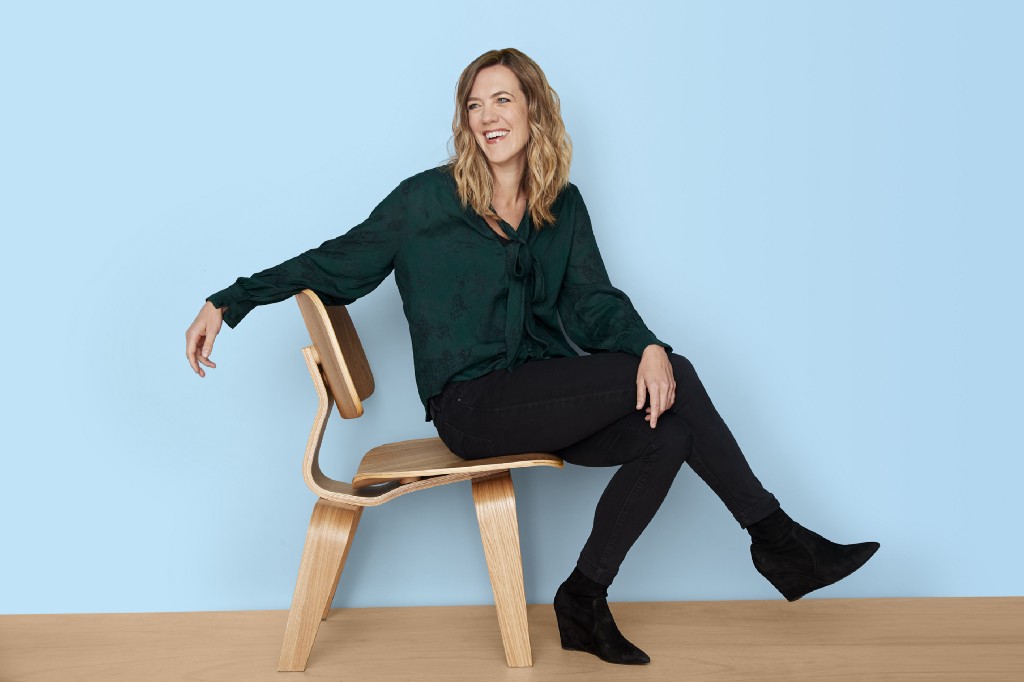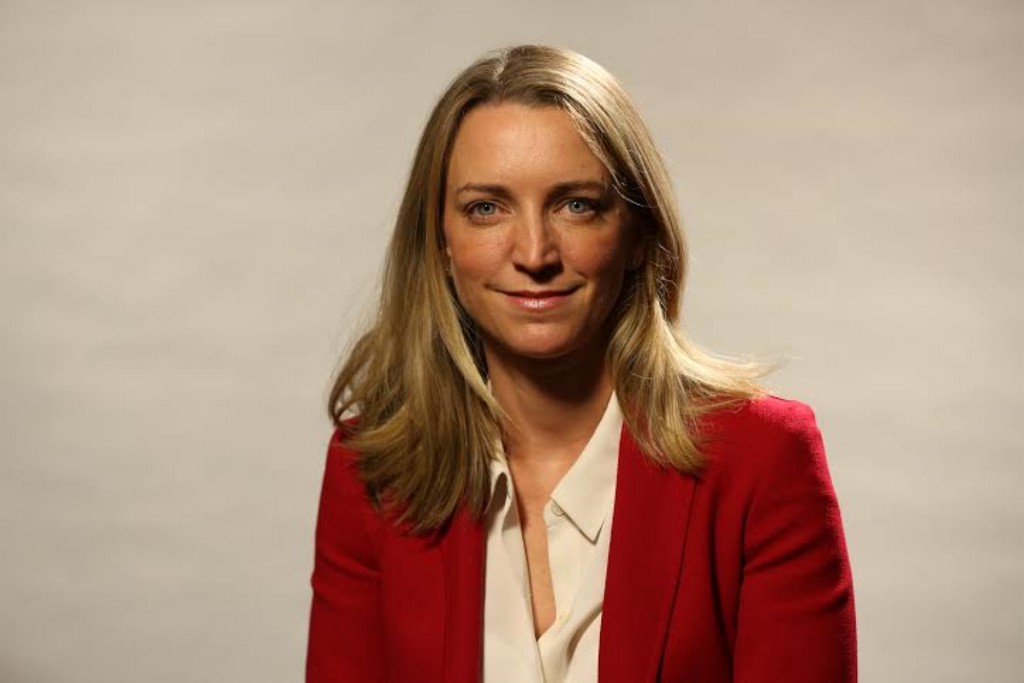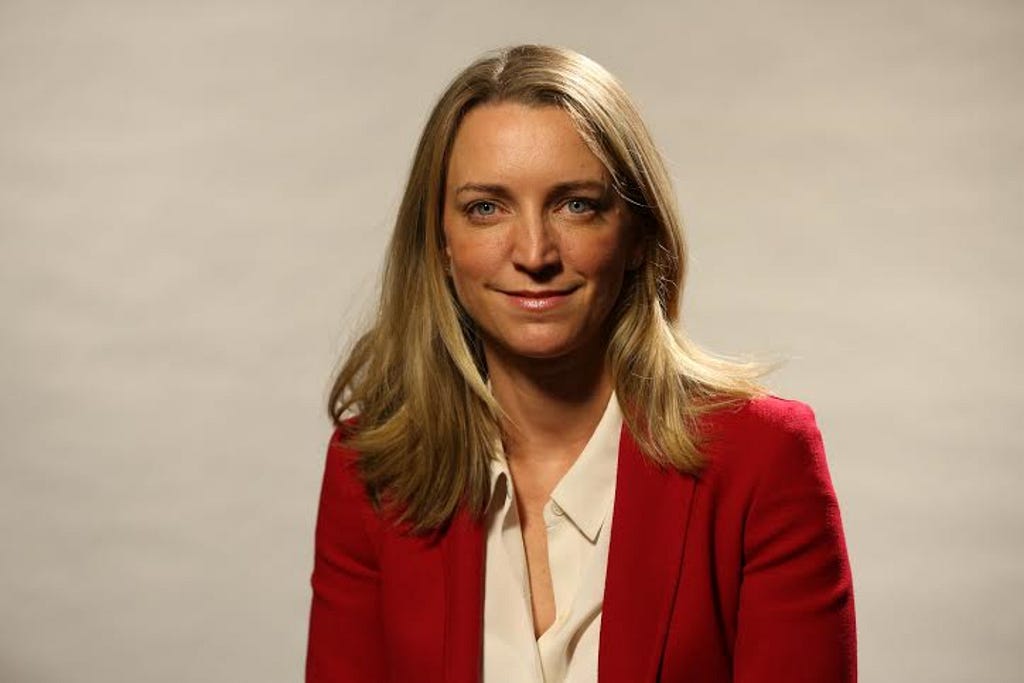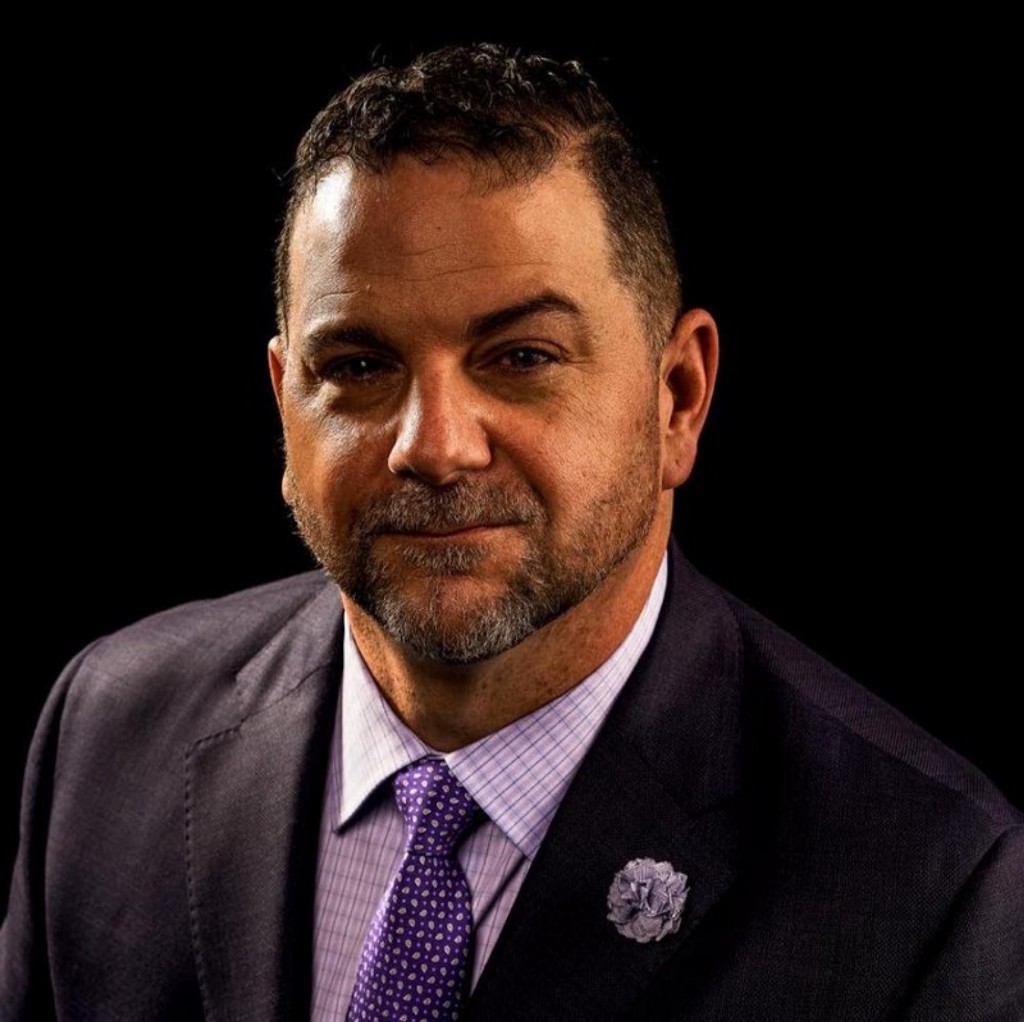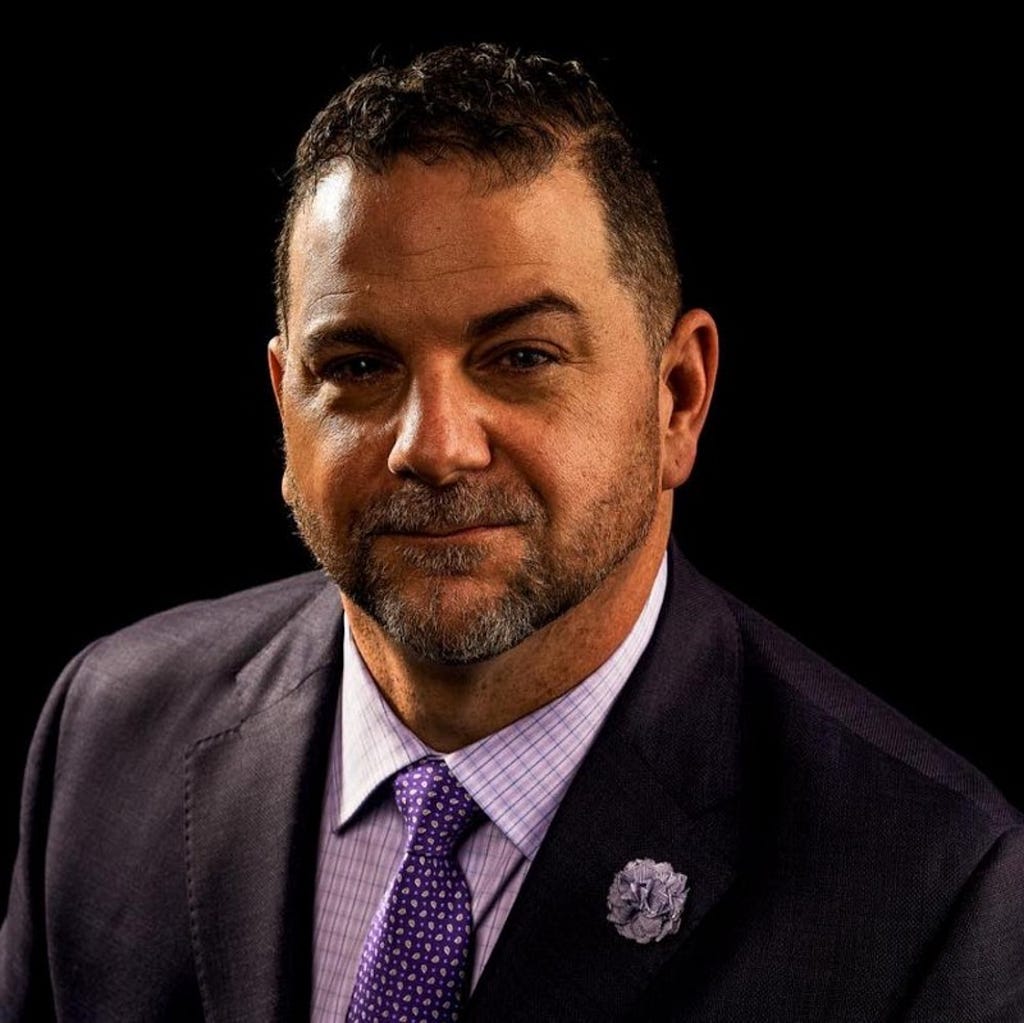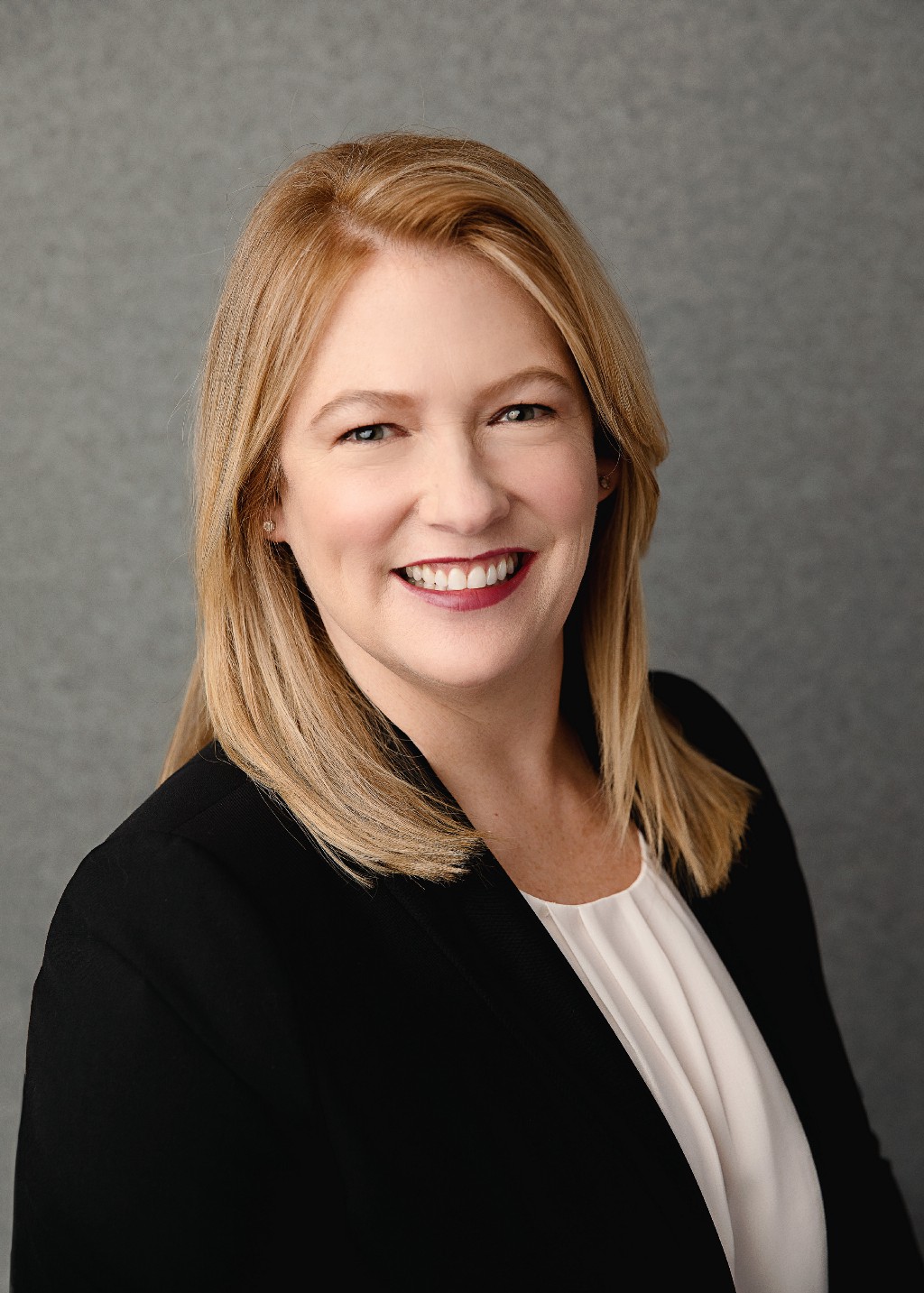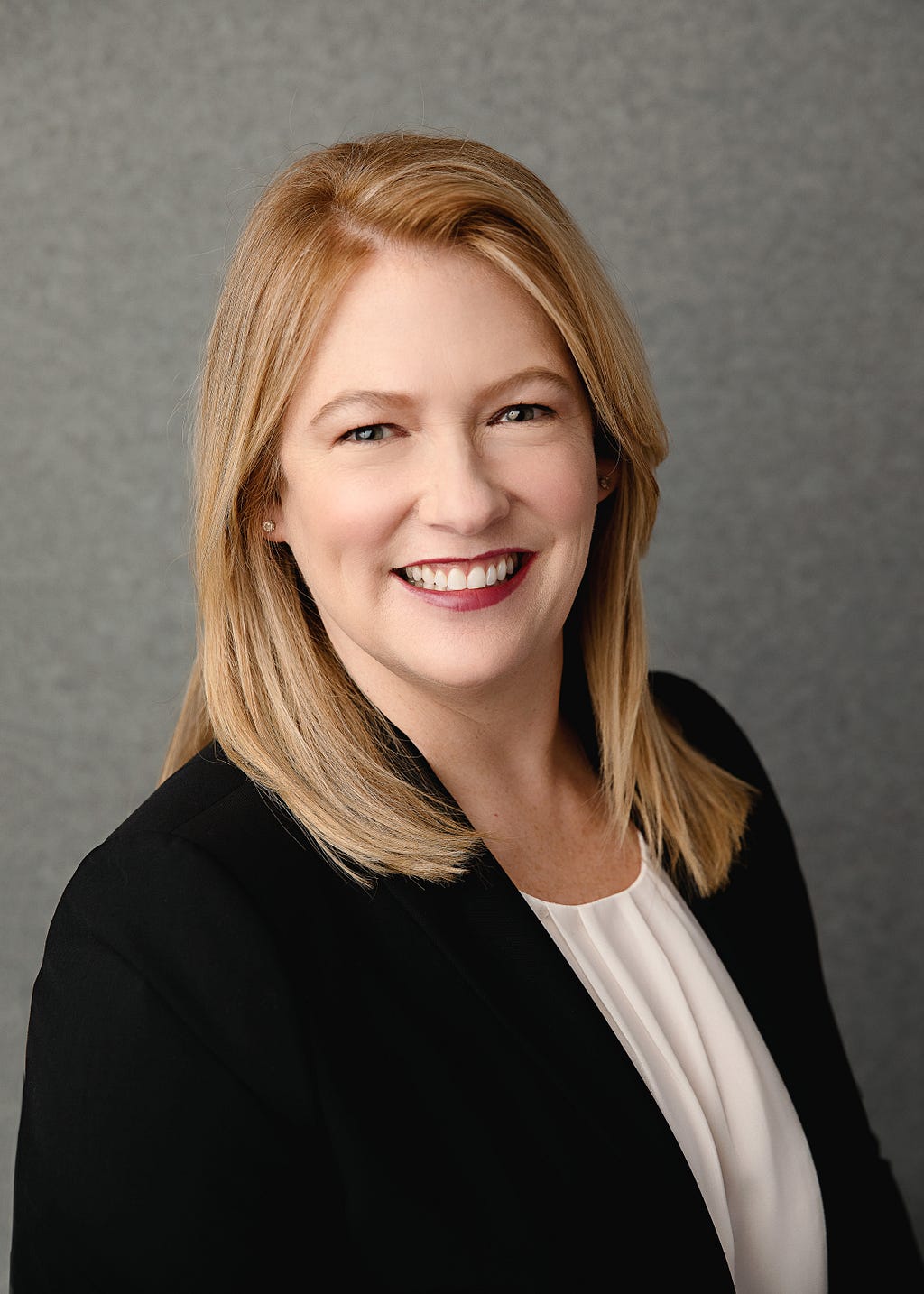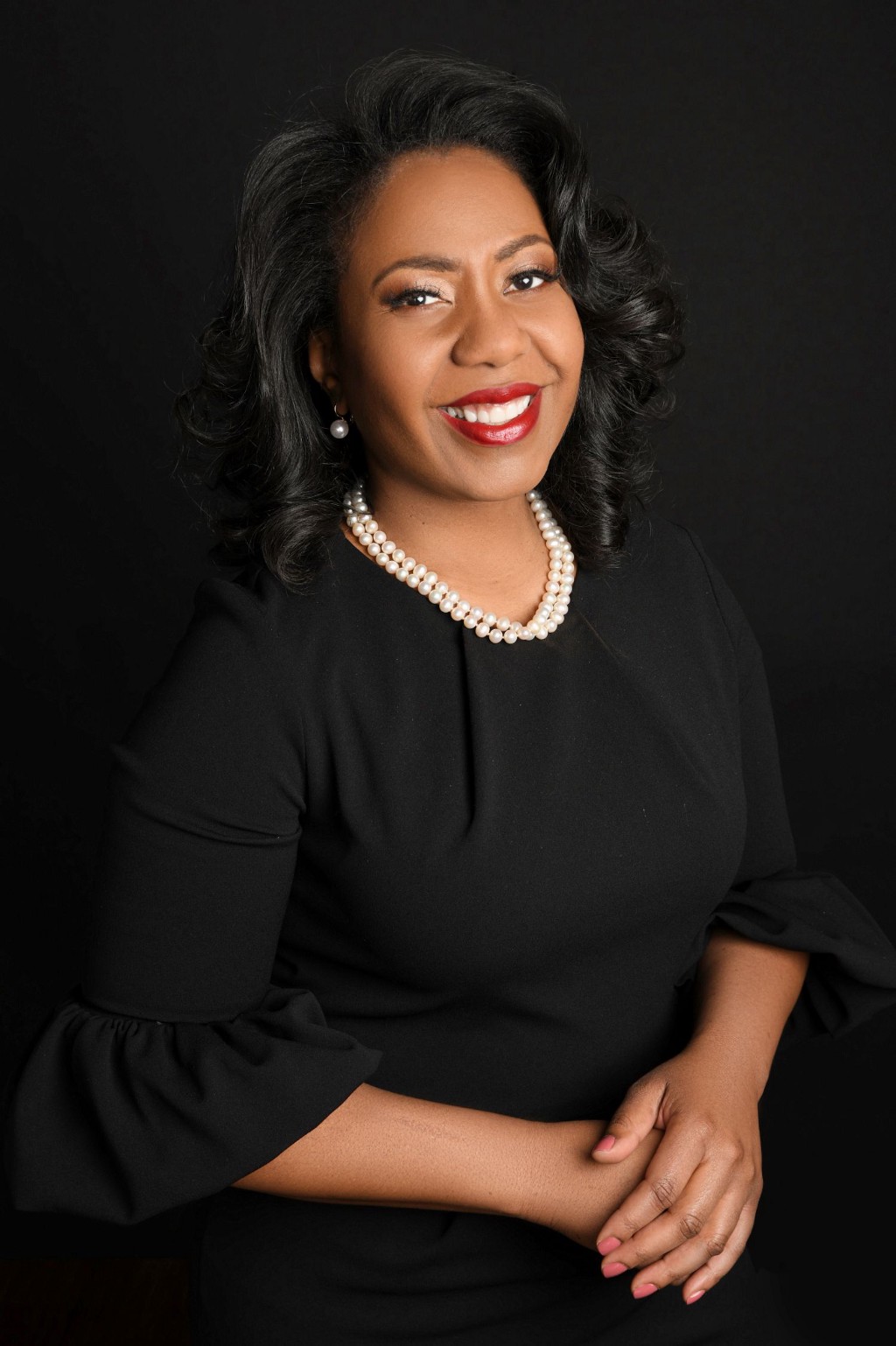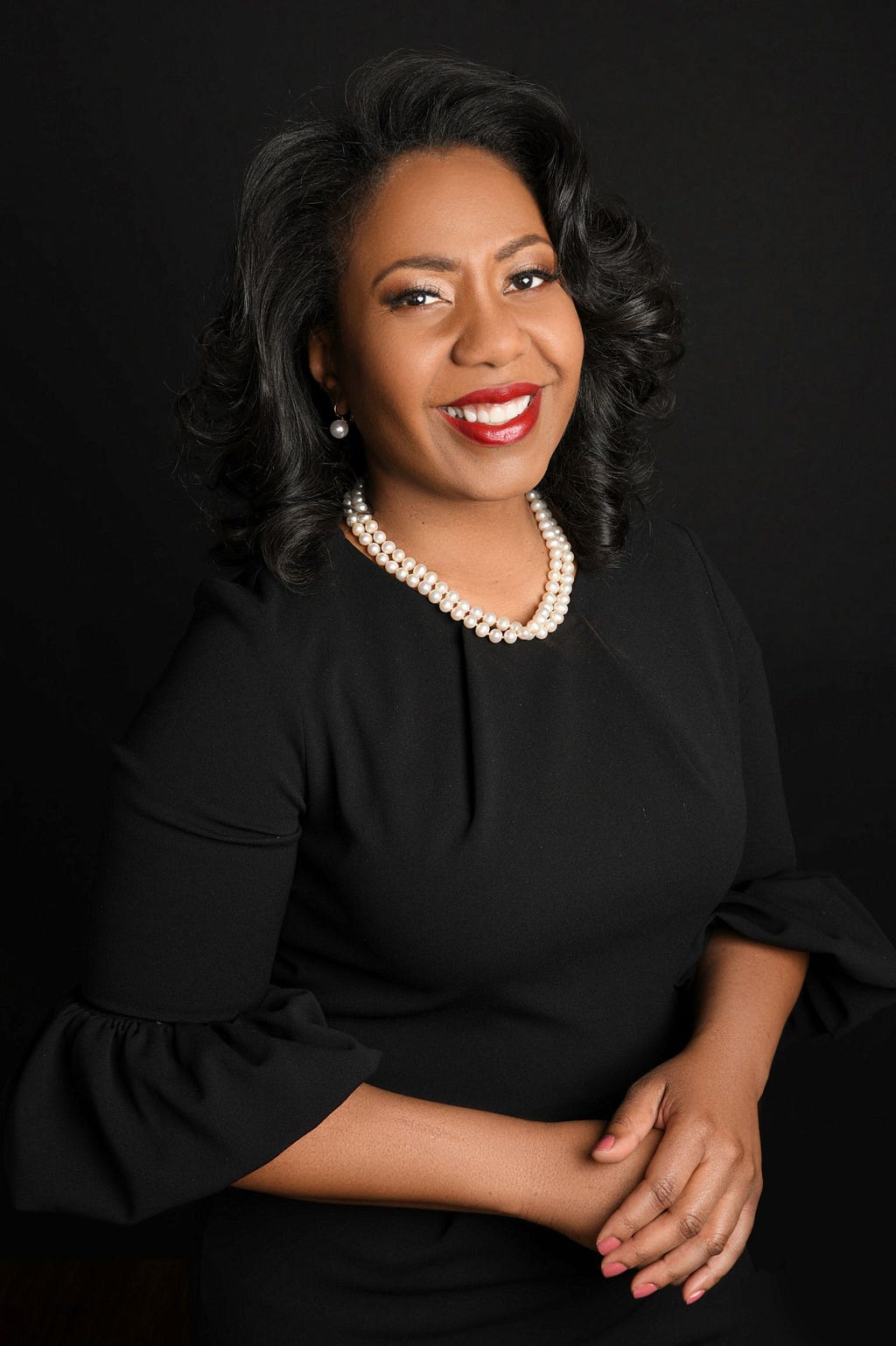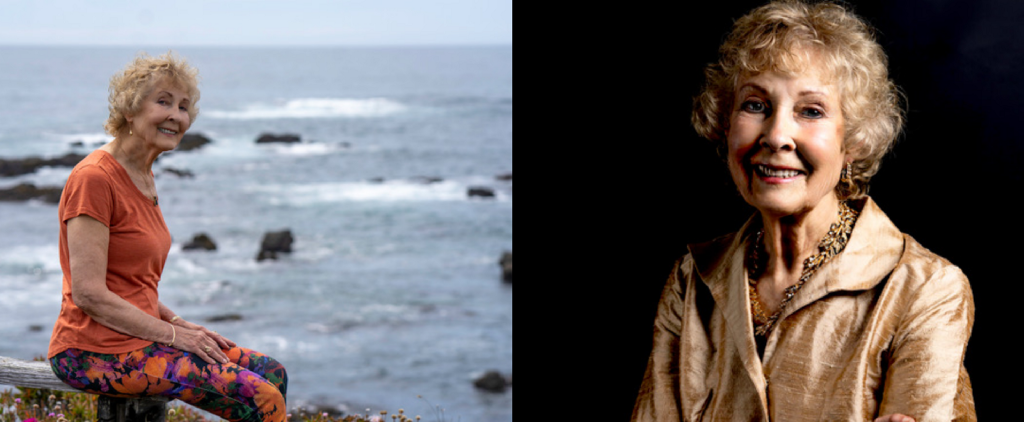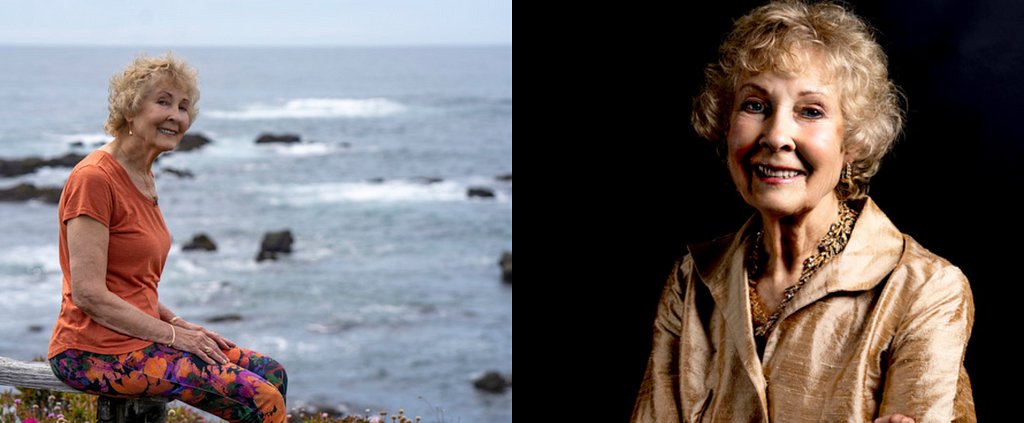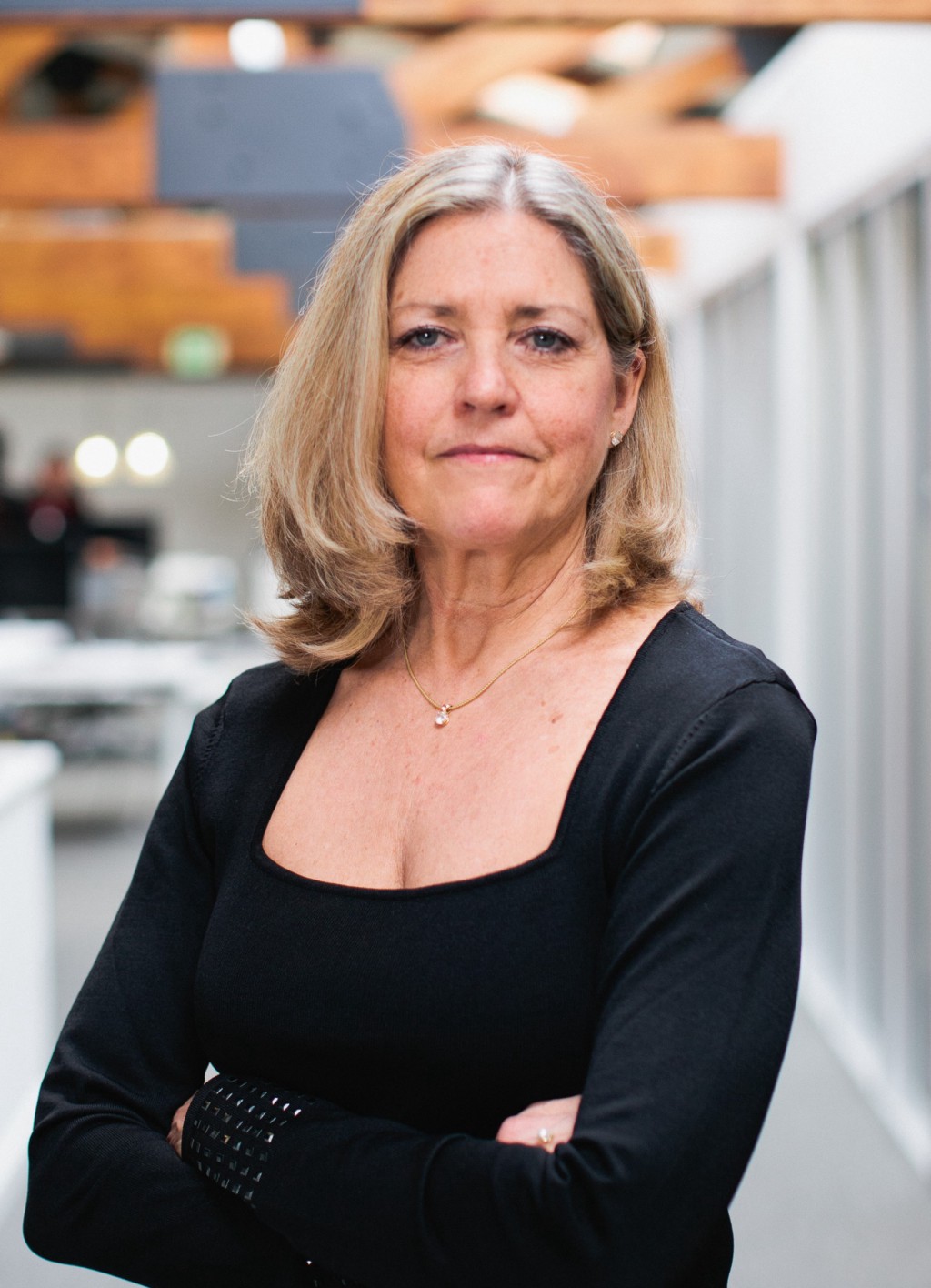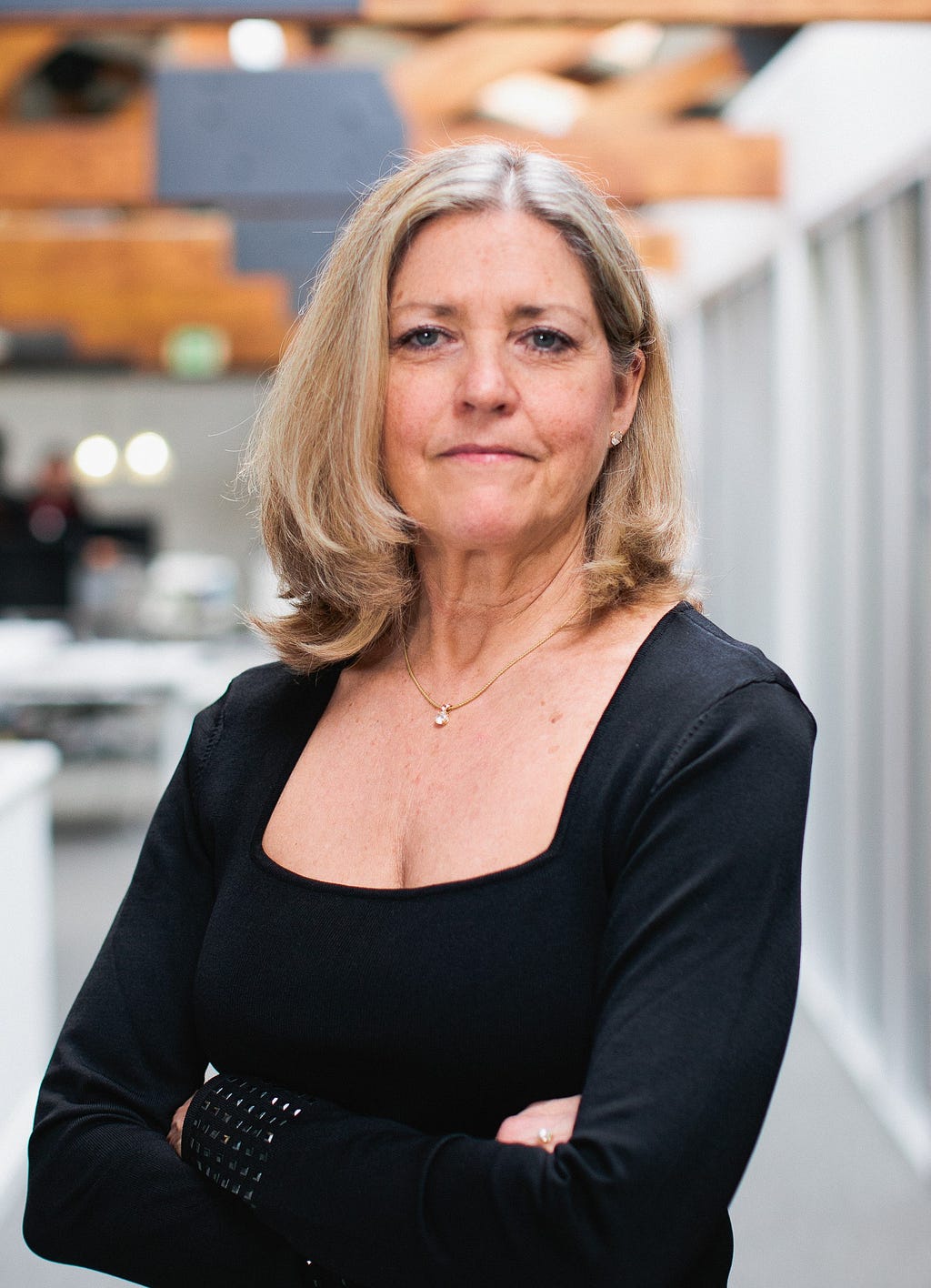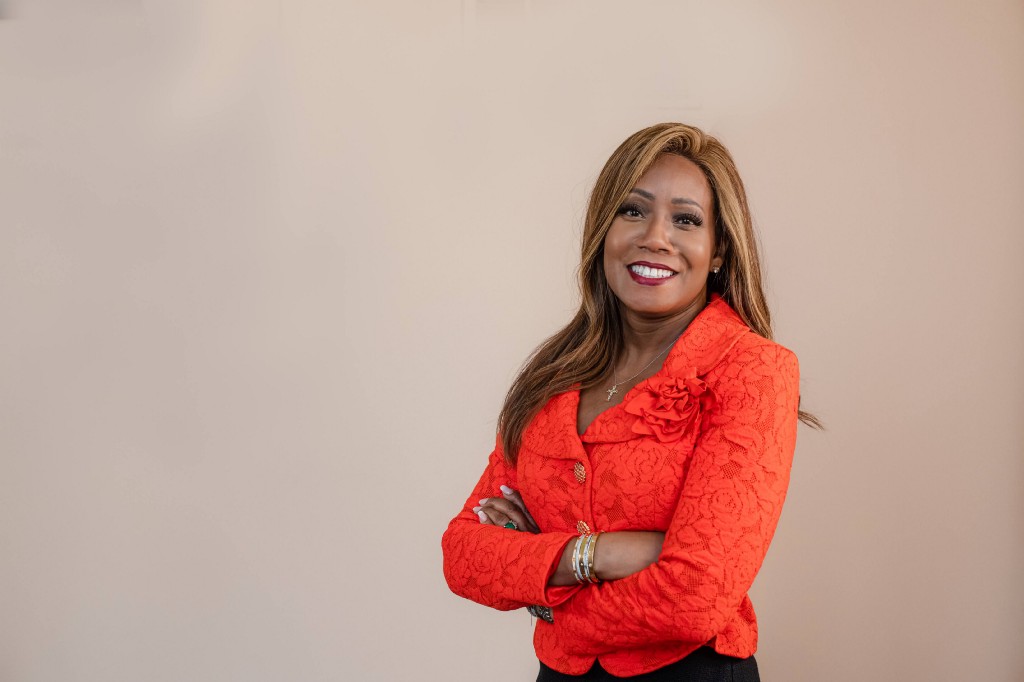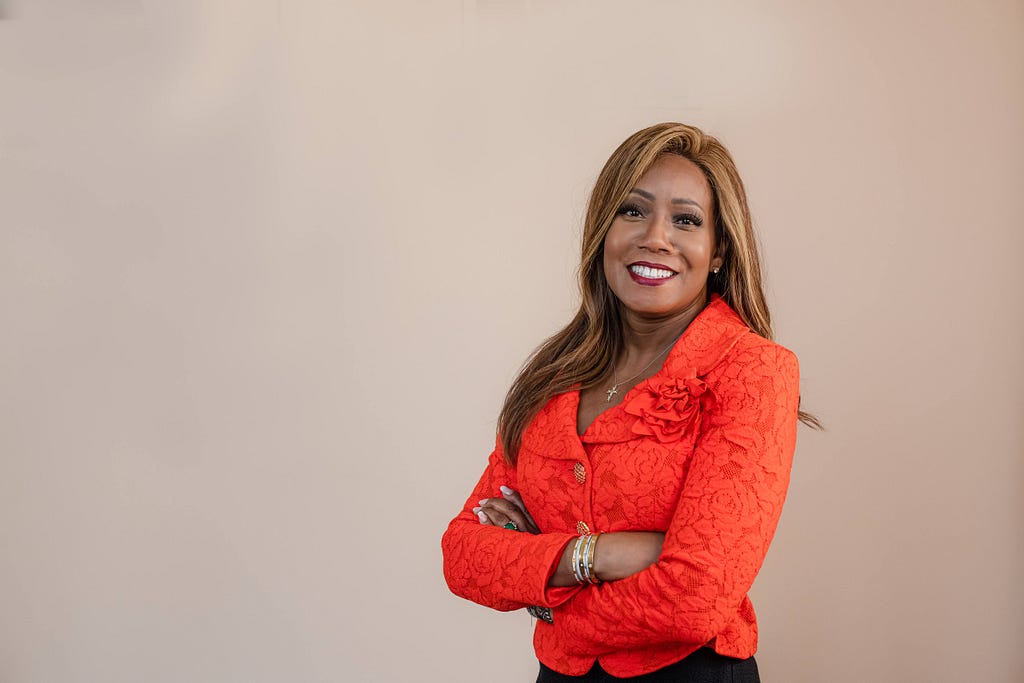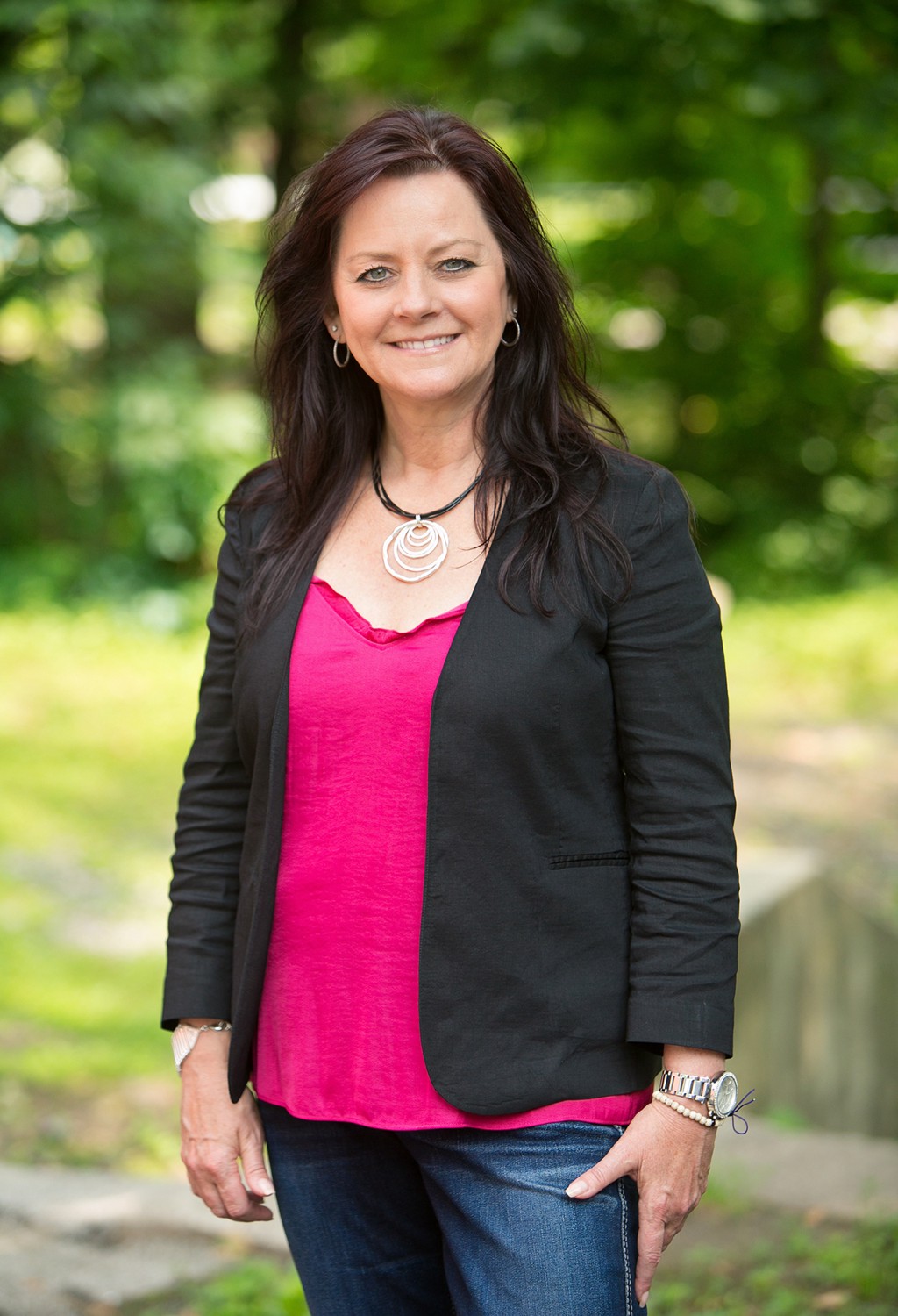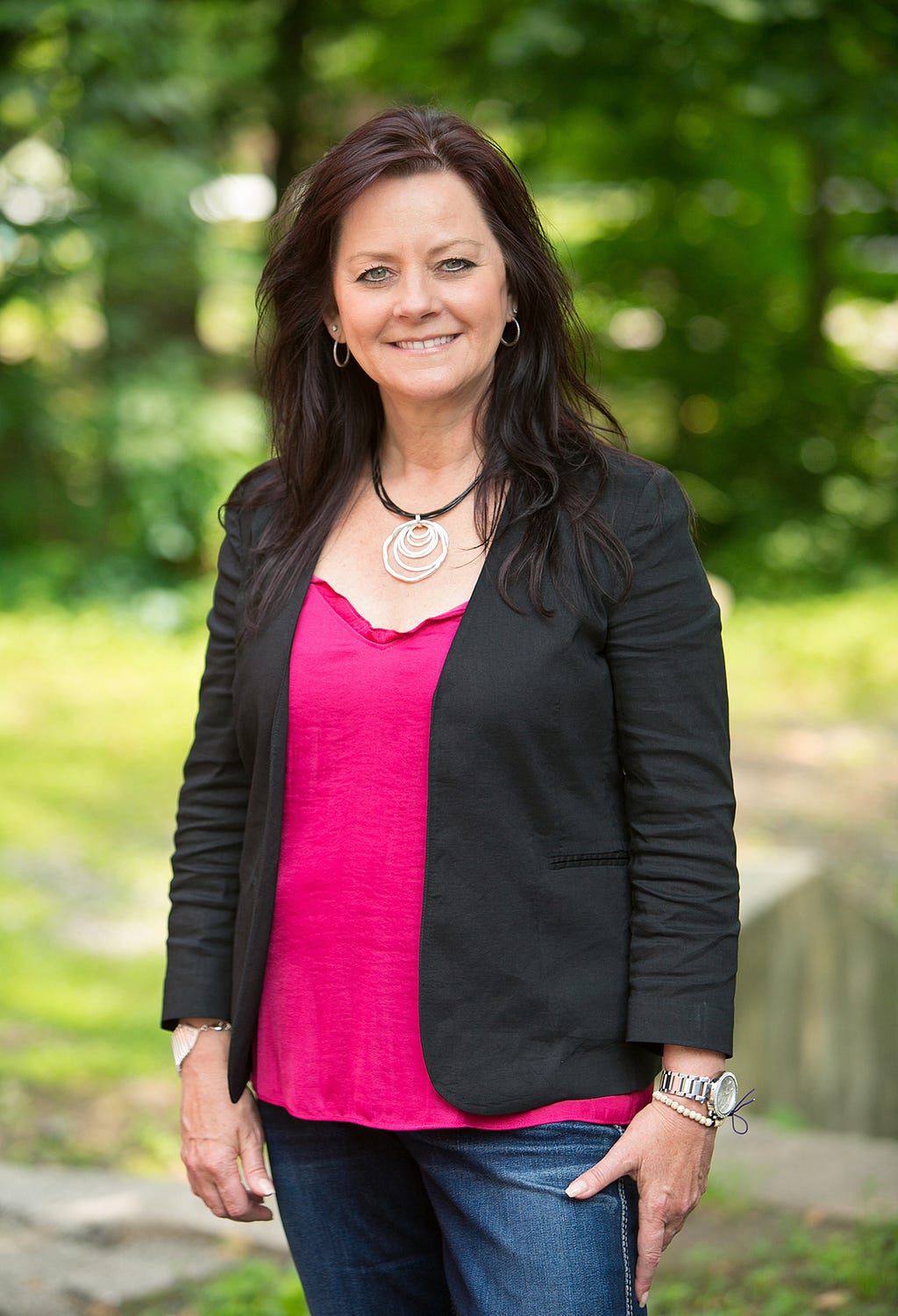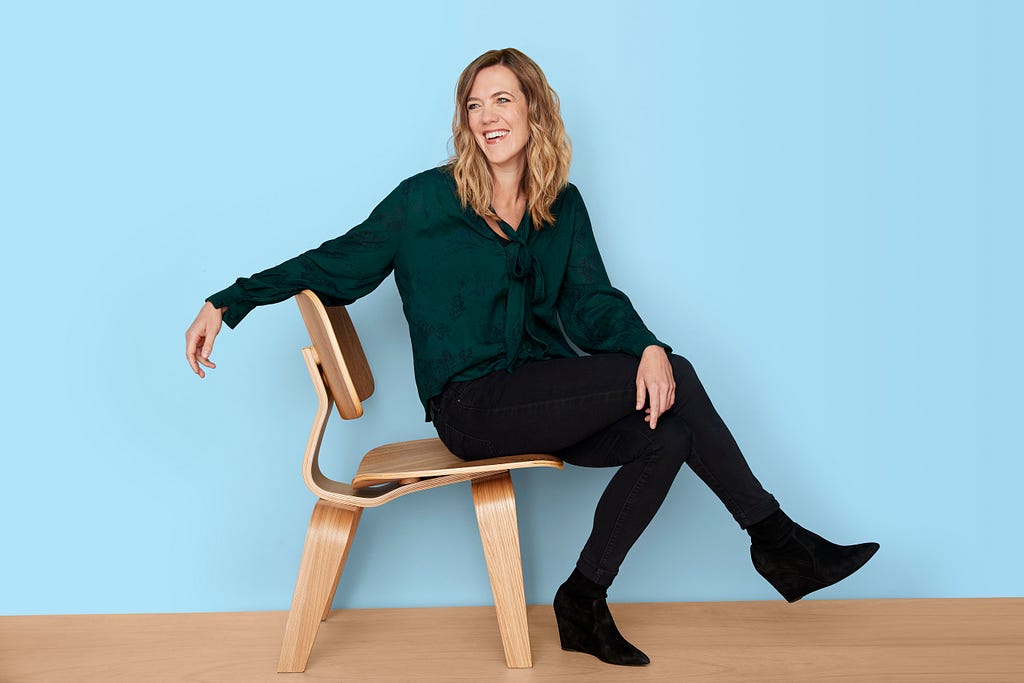
Over-communicate. Do not let physical distancing constraints stop you from engaging deeply. Listen, connect, empathize more. Within my own teams, I have found that we share our full selves frequently and transparently. And it’s been a blessing — it’s brought us closer together as our personal and work lives have blended. We’ve been able to build a rock-solid foundation of trust.
I had the pleasure of interviewing Lara Caimi. As Chief Customer and Partner Officer, Lara Caimi leads the Customer and Partner organization for ServiceNow. Lara took this new role in July 2020, after serving as ServiceNow’s Chief Strategy Officer since joining the company in December 2017.
Lara’s organization — which includes customer outcomes, customer experience, alliances and channel ecosystem, and our training & certification organization — provide our partners and customers with best-in-class guidance and capabilities to drive successful digital transformations and realize quick time-to-value.
Before joining ServiceNow, Lara was a partner at Bain & Company, where she worked for 17 years. While at Bain, Lara advised technology companies on topics of growth strategy, go-to-market strategy, and M&A.
Lara is a member of FirstBoard.io, whose mission is to increase female representation on corporate boards and at the highest level of corporate governance and management. Lara holds a bachelor’s degree in economics and English literature from St. Olaf College, a MIB from the University of Sydney as a Fulbright Scholar, and a MBA from Harvard Business School.
Thank you so much for doing this with us! Before we dig in, our readers would like to get to know you a bit more. Can you tell us a bit about your “backstory”? What led you to this particular career path?
People tell me I have a will to win. I have always taken my dreams & responsibilities seriously — as a mom, ally, mentor. It is important for me to show up as my best self everyday. To be world-class. To do justice to what I put my heart & mind to. From St. Olaf College’s women’s basketball team, where I was a four-year starter, through to 17 years in consulting and now ServiceNow where I lead our new Customer and Partner organization, I’ve set audacious goals and then worked hard to achieve them. I have not always followed a paradigm — but my unconventional path is my strength, because it has helped me bring unique thoughts & perspectives to the table.
Can you share the most interesting story that happened to you since you began leading your company?
I wouldn’t have believed you if you told me in January that we would be living in a completely different reality today. I’m a student of business. And what businesses do in times of crisis and adversity defines who they are. This moment is an opportunity for strong companies to get stronger and become set the benchmark for success. It’s easy to be a team when things are going well. But, teams become teams when they work together through difficult times.
Can you share a story about the funniest mistake you made when you were first starting? Can you tell us what lesson you learned from that?
When I was a consultant, I used to call into these high-profile daily status meetings. I didn’t have a speaking role on this particular call, so I was multitasking. I forgot to put myself on mute and started using my breast pump. A colleague paused his presentation and was like “What is that noise? Is someone on an oil rig?” It’s so funny because now most of us are working from home and I think we can all agree the mute button is everyone’s nemesis! The takeaway is: mute yourself if you’re not talking and even when you think you have, check again.
None of us are able to achieve success without some help along the way. Is there a particular person who you are grateful towards who helped get you to where you are? Can you share a story about that?
There are a lot of people who have helped me get to where I am today, but John Donahoe has absolutely been a key influence in my career path. He was my mentor and champion throughout my careers at Bain and ServiceNow, from giving me opportunities he knew I could take on even if I wasn’t confident yet, to the transition to Bill McDermott. John is a unique leader because he consistently looks at potential vs. just an impressive track record, which isn’t the case with all leaders. He has an extraordinary gift for seeing potential and knowing how to challenge and encourage them into the next thing in the most appropriate and thoughtful way.
In my work, I often talk about how to release and relieve stress. As a busy leader, what do you do to prepare your mind and body before a stressful or high stakes meeting, talk, or decision? Can you share a story or some examples?
When the pandemic began, I was more worried about my physical health than I was my mental health. My gym was closed. I wasn’t walking as much. Now, though, I’m prioritizing mental wellbeing. It’s been a game-changer. I’ve had to set boundaries and intentionally carve out time for my own mental health. For example, I’m repurposing my former 90-minute commute time to meditate and reflect on a regular basis.
As you know, the United States is currently facing a very important self-reckoning about race, diversity, equality and inclusion. This may be obvious to you, but it will be helpful to spell this out. Can you articulate to our readers a few reasons why it is so important for a business or organization to have a diverse executive team?
We must see more of everyone in every company. Black employees, women, all under-represented communities. Greater diversity in positions of influence and accountability leading change. Corporate America must better reflect the world we live in. Representation isn’t just good for employees; it is also business-critical. The more we can reflect our customers in who we are, the better the products we create and the better company we will be. In my experience, increasing the number and types of voices, thoughts, and perspectives — including gender, race, and ethnicity, age and more — expands the way companies connect with their customers, anticipates needs, and builds paradigm-shifting innovations. .
As a business leader, can you please share a few steps we must take to truly create an inclusive, representative, and equitable society? Kindly share a story or example for each.
Everyone has different circumstances. As leaders, we have to offer flexibility and meet people with empathy, kindness, and courtesy. During times like these and as we move forward, we must take a more personal & empathetic approach to the workplace. It is a unique opportunity to build tighter workforces connected through the power of belonging. Diversity and inclusion are table stakes. Belonging is the breakthrough. When people feel they truly belong — that they can be their authentic selves and their voices will be heard and respected — they contribute to their fullest potential.
Ok, thank you for that. Let’s now jump to the primary focus of our interview. Most of our readers — in fact, most people — think they have a pretty good idea of what a CEO or executive does. But in just a few words can you explain what an executive does that is different from the responsibilities of the other leaders?
Create a vision and build a great team to get you there.
What are the “myths” that you would like to dispel about being a CEO or executive. Can you explain what you mean?
You never reach a certain point where you know everything. You have to continuously prioritize your own growth. Now more than ever, it’s critical to set and track goals and to develop meaningful personal & professional progression plans.
In your opinion, what are the biggest challenges faced by women executives that aren’t typically faced by their male counterparts?
It’s no secret that women face bias and must learn to navigate what I call ‘potholes’ in their careers. The further women advance, the fewer female role models they see. With fewer people to experience and identify the ‘potholes’ — things such as implicit bias, stereotypes, and fewer sponsors — we see an impact on women’s ambition and confidence. Now especially during the pandemic, women are having to choose between continuing their careers and handling household responsibilities. As employers and leaders, we have to offer even more flexibility to give women and other care-givers the space they need to do both.
What is the most striking difference between your actual job and how you thought the job would be?
The decision to move from Bain to ServiceNow was scary. I had been there for most of my career. All of my friends were at Bain and my husband is actually a partner at Bain. Bain has a strong, wonderful, people-centric culture and I was drawn to the fact that ServiceNow embodies that same culture and puts people at the center of its purpose. I found the transition to ServiceNow to be wonderful. The idea of seeing things end-to-end and really having full accountability gives me this great sense of pleasure.
The decision to move from Bain to ServiceNow was scary. I had been there for most of my career. All of my friends were at Bain and my husband is actually a partner at Bain. Bain has a strong, wonderful, people-centric culture and I was drawn to the fact that ServiceNow embodies that same culture and puts people at the center of its purpose. However, what surprised me most on the job was the speed and agility with which an $80B+ company like ServiceNow moves — for example, in the midst of COVID, we built, shipped and delivered Safe Workplace apps from scratch for our customers in just 1 quarter!
Certainly, not everyone is cut out to be an executive. In your opinion, which specific traits increase the likelihood that a person will be a successful executive and what type of person should avoid aspiring to be an executive? Can you explain what you mean?
I don’t think everyone has to aspire to be an executive. Organizations need strong contributors at all levels, and people can continue to develop in different ways, no matter where they are within a company. That said, the leaders I admire keep people at the core of everything they do. One of my favorite sayings is that people don’t leave companies, they leave managers. It’s true. Leaders who make people their business are far more successful than those who only prioritize product or productivity.
What advice would you give to other women leaders to help their team to thrive?
Over-communicate. Do not let physical distancing constraints stop you from engaging deeply. Listen, connect, empathize more. Within my own teams, I have found that we share our full selves frequently and transparently. And it’s been a blessing — it’s brought us closer together as our personal and work lives have blended. We’ve been able to build a rock-solid foundation of trust.
How have you used your success to make the world a better place?
Leadership means supporting the communities where we live and work in. There is so much that we can and need to do; I’ve found it helpful focus on women in leadership, to increase the impact I can make. I’m working on three areas right now: 1/ At ServiceNow, we have a five-point plan to address systemic racism and social injustice. I’m leading the “inclusive leadership and workforce training” pillar to teach leaders and employees to take meaningful actions that create sustainable, positive change and help end racial injustice & discrimination; 2/ I serve as the executive sponsor of our “Power of 10” groups, which have scaled to be a network of more than 700 female leaders across ServiceNow; and 3/ I’m a member of FirstBoard.io, which aims to increase women’s representation on boards of directors.
What are your “5 Things I Wish Someone Told Me Before I Started” and why? (Please share a story or example for each.)
Make a plan but be willing to throw it out the window. Life can take a million different paths and all of them come with their own benefits. I’ve had the privilege of working in different industries and living in multiple parts of the world, from Australia to Boston. I didn’t anticipate any of the big transitions and what they would lead to, but for the most part they’ve turned into incredible opportunities and experiences. Set goals and work hard and when you get a shot to do something, take it. Say yes and lean in!
Set a big dream goal and tell people about it. Women in particular aren’t as good at putting themselves out there and outwardly stating a lofty goal or objective. They tend to wait until they’re beyond ready to meet it. Encourage yourself and your teams to dream big, and then talk about it!
Get comfortable with the uncomfortable. To put it simply, when you’re uncomfortable you’re growing. In a similar vein as my above point, it can be scary to take on the project or job you believe is outside your expertise. My advice to you? Take it. If you’re comfortable, you’re not learning and growing.
Relationships matter. Act with integrity and treat everyone with respect. This one is so simple in theory but so important and often one of the first things to be overlooked. Always treat people the way you want to be treated. Whether it’s an executive assistant, client, or colleague, have empathy and respect for everyone you interact with. You never know when you’ll come across that person again. A high moral character will take you far.
Build your own version of success and set boundaries. I received this advice from a female partner at Bain. It was such a simple and true reminder that success isn’t a one-size-fits-all. It can be incredibly hard to not compare yourselves to others; however, as I’ve grown into my career I’ve understood that success is personal and looks different for everyone. I remember at one point thinking that I had to work part-time when I had kids, because that is what other women around me were doing. I quickly realized that being a mom and having a full-time career were both important to me and my identity. Success for me now is being able to do well at my job and then put my kids to bed every night. This means defining my own terms and setting boundaries to say, “I can’t do a 6 p.m. meeting, but I can do a 9 a.m. call”.
You are a person of great influence. If you could inspire a movement that would bring the most amount of good for the greatest number of people, what would that be? You never know what your idea can trigger.
Last year, the Business Roundtable, a group of respected CEOs from a variety of industries and countries, updated how they define the purpose of a corporation to be more equitable for all stakeholders, not just shareholders. These leaders realize that their organizations have a duty to serve everyone, not just a select few. I hope all companies will follow their example.
Can you please give us your favorite “Life Lesson Quote”? Can you share how that was relevant to you in your life?
One of my favorite quotes is “Don’t leave before you leave” from Sheryl Sandberg. Women in the workforce are often faced with a dilemma when they decide to become a parent. Because they don’t already have a picture of how they can manage to be a mother and an executive, they assume there has to be a trade-off. I remember having this same thought as I watched countless women around me shift to part-time roles or quit altogether when they decided to start a family. What Sheryl encourages with “don’t leave before you leave” is for women to rethink their approach — the months and years leading up to having children are the time to lean in, not to scale back and self-defeat in anticipation that they’ll need to eventually. At the end of the day, it’s important for everyone, but especially women, to choose their unique path to success and not feel like they need to step back from their careers just because they anticipate building a family. As I started thinking about how I defined success for myself, it was clear to me that I wanted both. By committing to clear boundaries, I have found a way to be a full-time executive and an involved mom of three and I couldn’t be happier.
We are very blessed that some very prominent names in Business, VC funding, Sports, and Entertainment read this column. Is there a person in the world, or in the US with whom you would love to have a private breakfast or lunch with, and why? He or she might just see this if we tag them.
I find Ben Horowitz to be not only an interesting person, but also an incredible business leader. I also look up to Maria Martinez at Cisco who created the customer success role at Salesforce. She founded it and helped create the notion of customer success and what it means in the SaaS world. I’d take a private meal with either one of them!
Lara Caimi of ServiceNow: Why You Should Over-Communicate With Your Team was originally published in Authority Magazine on Medium, where people are continuing the conversation by highlighting and responding to this story.


